The television landscape of the 1960s was vastly different from that of today. Aside from soap operas, most television shows were purely episodic, meaning each episode told a self-contained story. This didn't allow for much character development, and it also meant that television seasons did not build to epic season finales the way most modern series do. Because of this, none of the season enders for Star Trek: The Original Series feel like true finales. Each season finale feels just like a regular episode of the series, and not even particularly great ones.
Star Trek: The Original Series Season 1’s Finale Killed Off Sam Kirk
Star Trek: The Original Series Season 1, Episode 29, "Operation — Annihilate!"
In "Operation — Annihilate!," the Enterprise arrives at the planet Deneva to find that the Federation colony there has been nearly destroyed by flying parasitic aliens. Kirk finds his brother, Sam (William Shatner), has already been killed, while his wife, Aurelan (Joan Swift), is behaving strangely, and their son, Peter (Craig Hundley), is in a coma. When Kirk and his crew locate the single-celled flying parasites, one of them attacks Spock. Kirk, Spock, and Dr. McCoy eventually discover that ultraviolet light can kill the creatures, allowing them to purge the parasites from the survivors and prevent future attacks.
"Operation — Annihilate!" is not a bad episode of Star Trek, delivering an interesting story with some tense moments, but it doesn't feel like a finale. The most significant event that happens in the episode is the death of Kirk's brother, but considering that he had never been mentioned before, Sam's death doesn't have as much of an impact as it could. Ultimately, the final episode of TOS season 1 comes to a close just like any other episode of the series, with Kirk and his Enterprise crew setting off for another adventure.
Star Trek: The Original Series Season 2’s Finale Was A Failed Backdoor Pilot
Star Trek: The Original Series Season 2, Episode 26, "Assignment: Earth"
"Assignment: Earth" is a particularly unique episode of Star Trek in that it was originally meant to be a different show entirely. The story was first conceived to be a half-hour series, but was reworked into a Star Trek episode when all the major networks passed on the original pilot. At the end of the episode, Spock says that Gary Seven and Robert Lincoln "have some interesting experiences in store for them," suggesting a continuation of their story. Unfortunately, this spin-off series was not picked up either, despite "Assignment: Earth" being a solid backdoor pilot episode.
Star Trek: The Original Series Season 3 Was A Poor Way For Captain Kirk’s Show To End
Star Trek: The Original Series Season 3, Episode 24, "Turnabout Intruder"
Spock soon uncovers the truth, which eventually causes Lester to suffer a complete mental breakdown due to the failure of her plan to kill Kirk and become a starship captain. According to "Turnabout Intruder," Starfleet does not allow women to become starship captains, but this makes little sense considering the Federation's typically progressive views.
The episode also uses the trope of a hysterical woman, which was outdated even in the 1960s, and implies that a woman who desires power must be mentally unstable. Captain Kirk's final line that Dr. Lester's "life could have been as rich as any woman's" ends Star Trek: The Original Series on a particularly low note, which was thankfully overshadowed by the return of the show's cast in the Star Trek films.
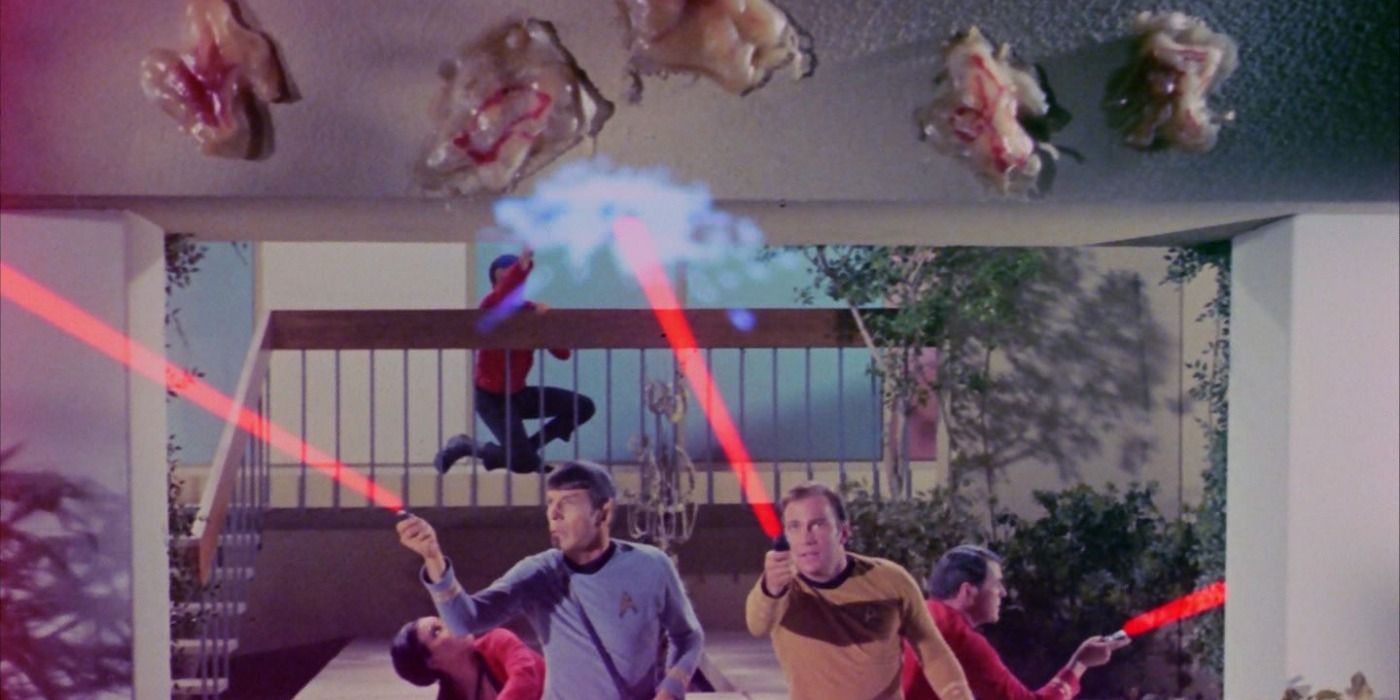
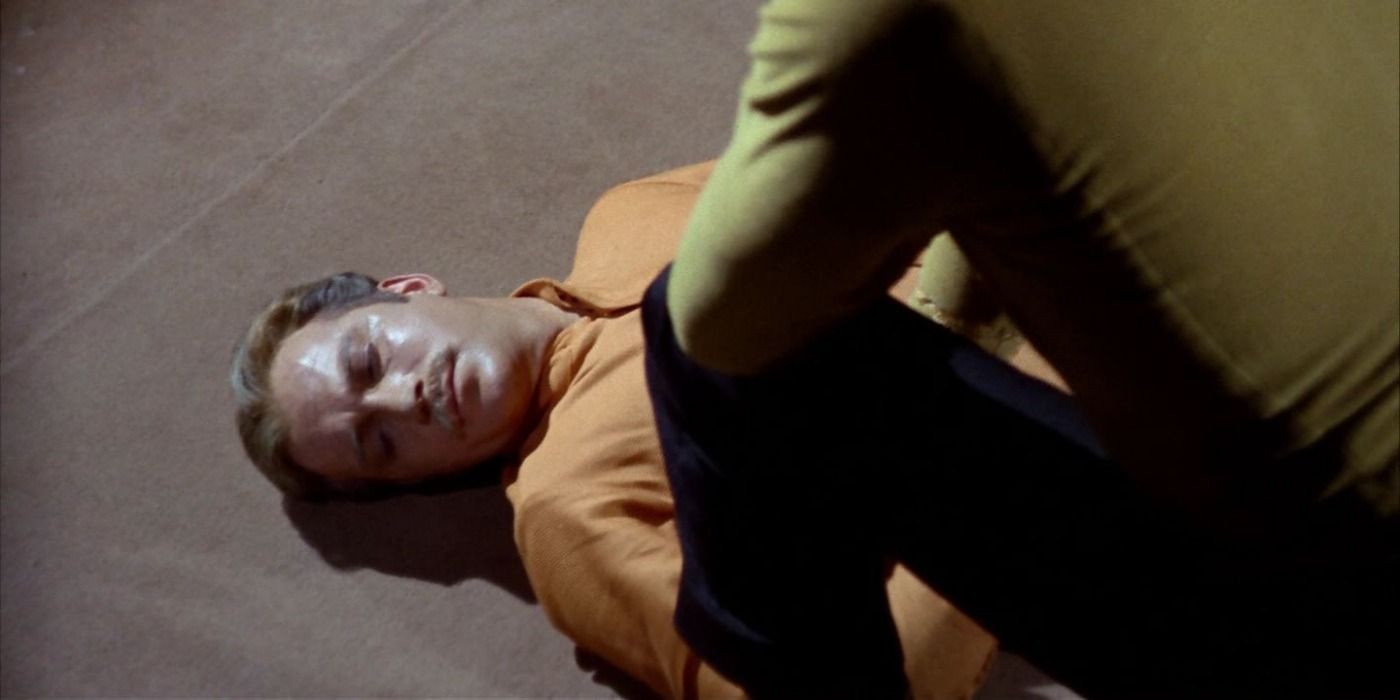
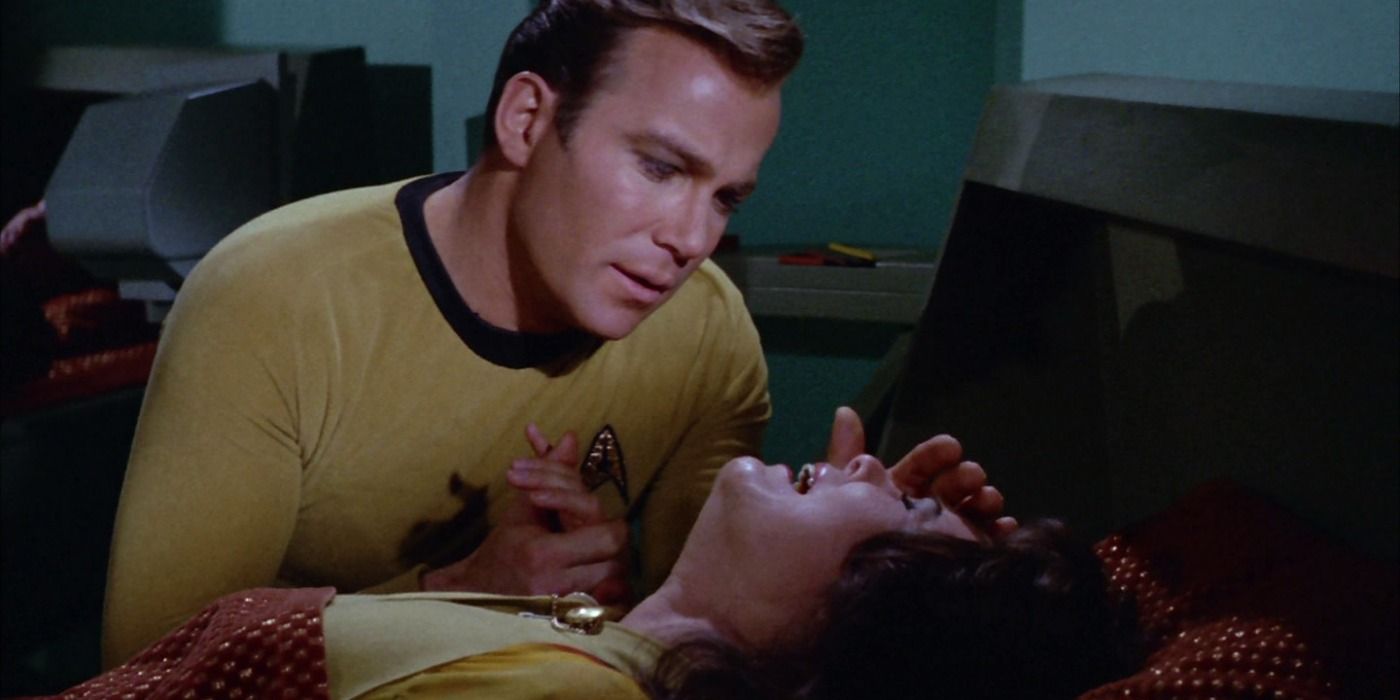
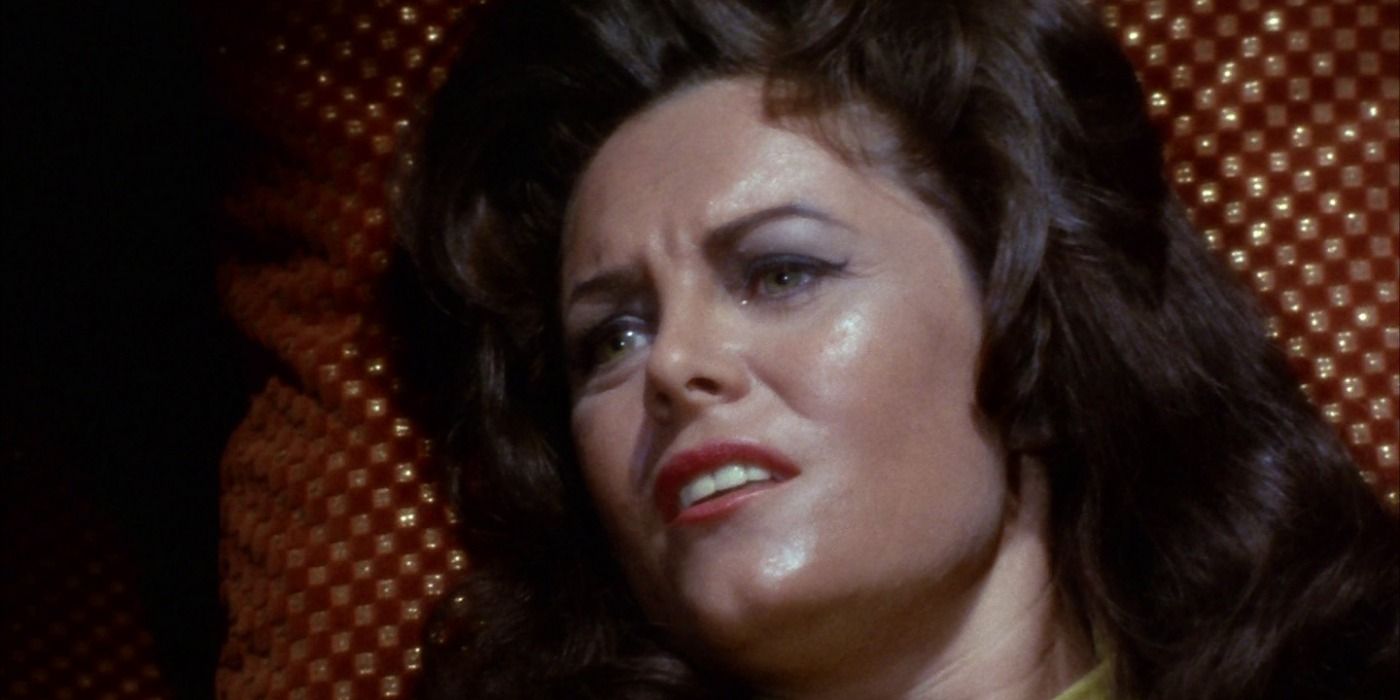
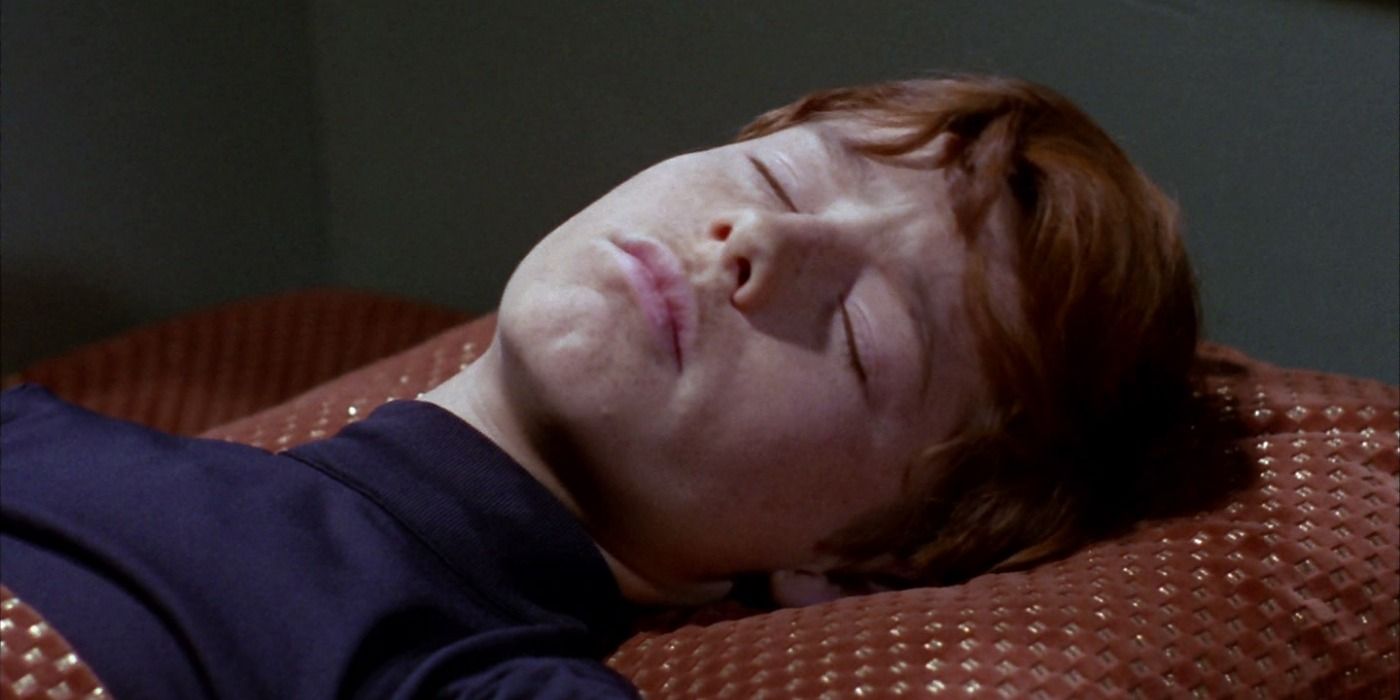
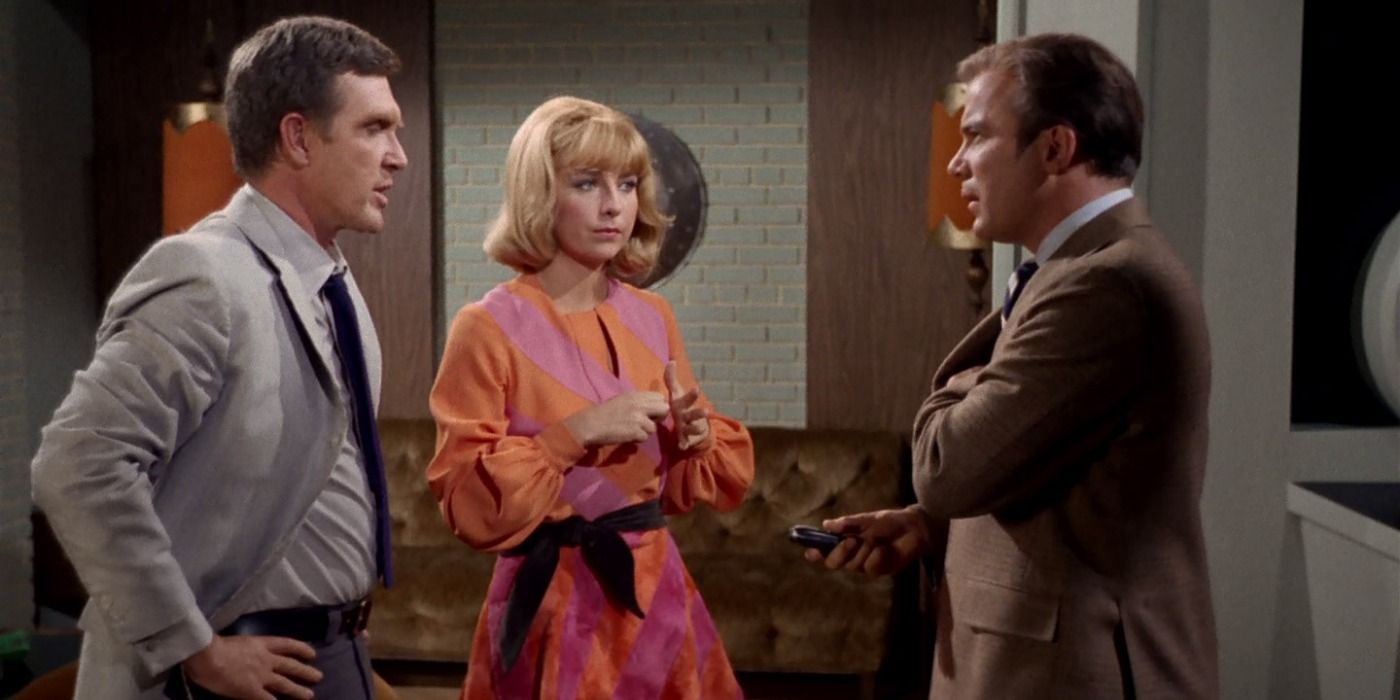
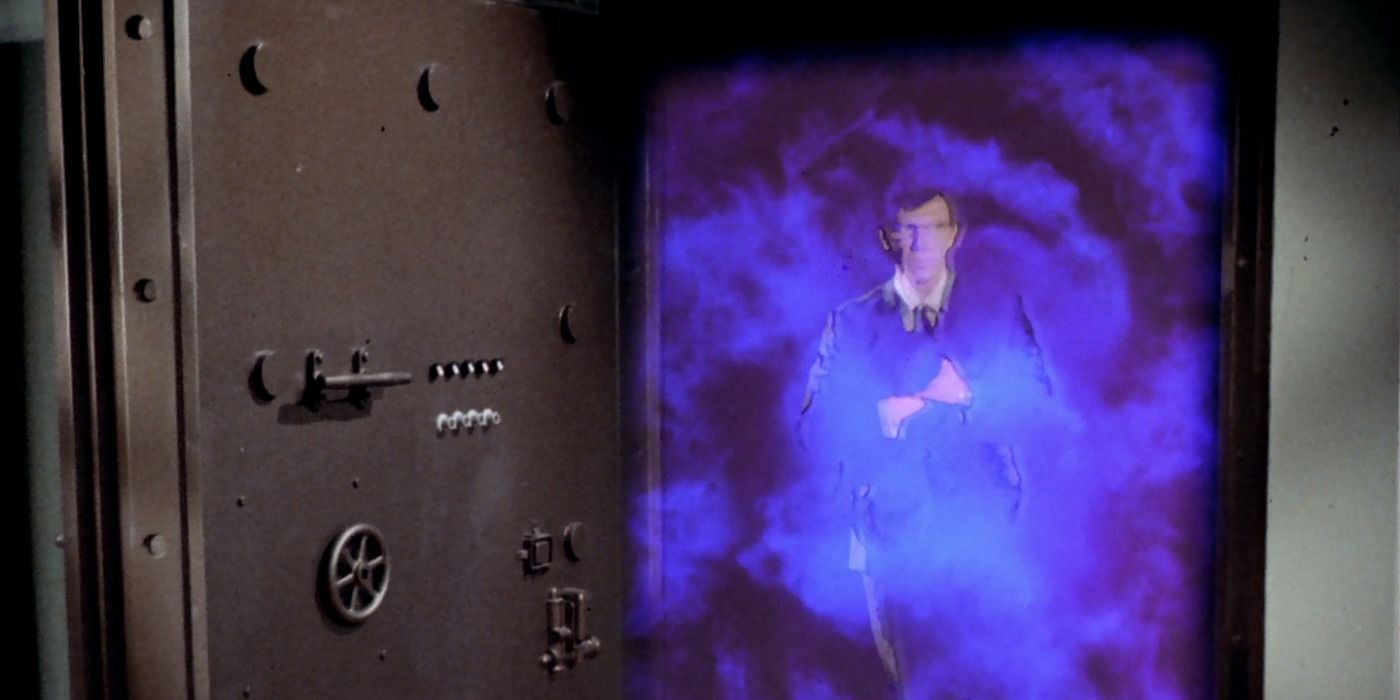
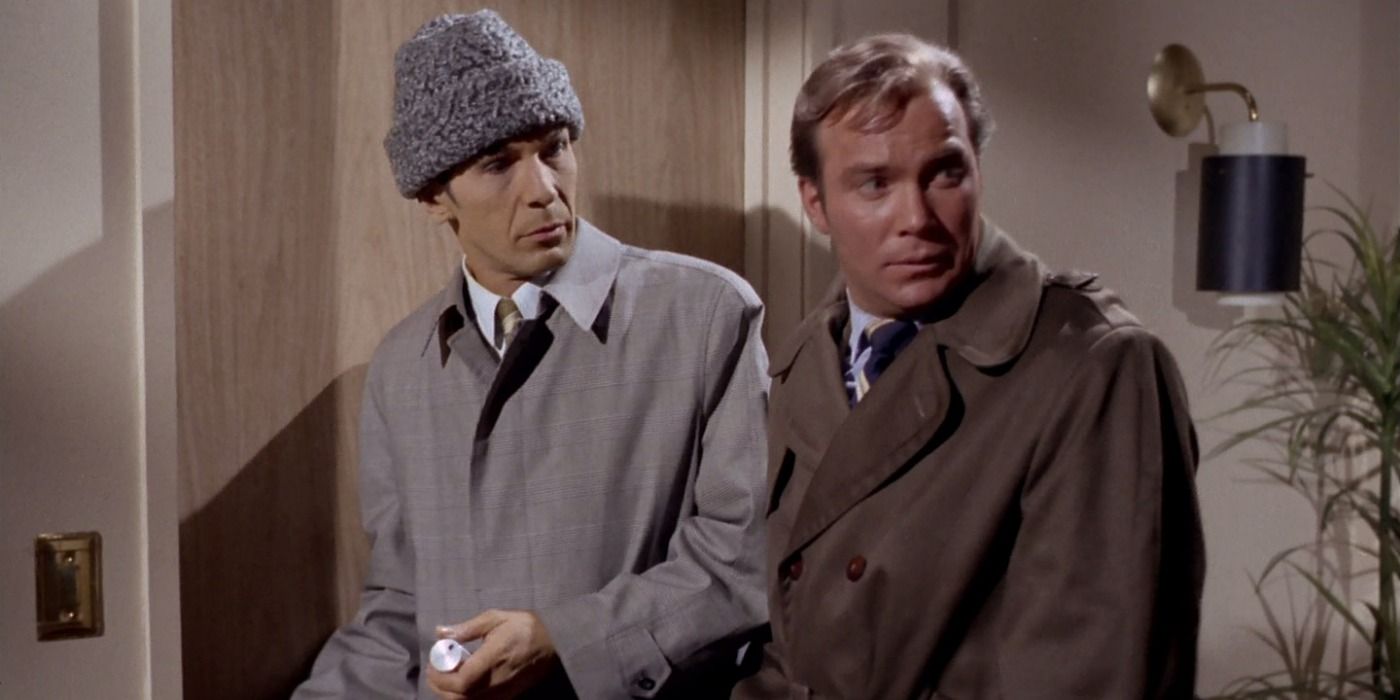
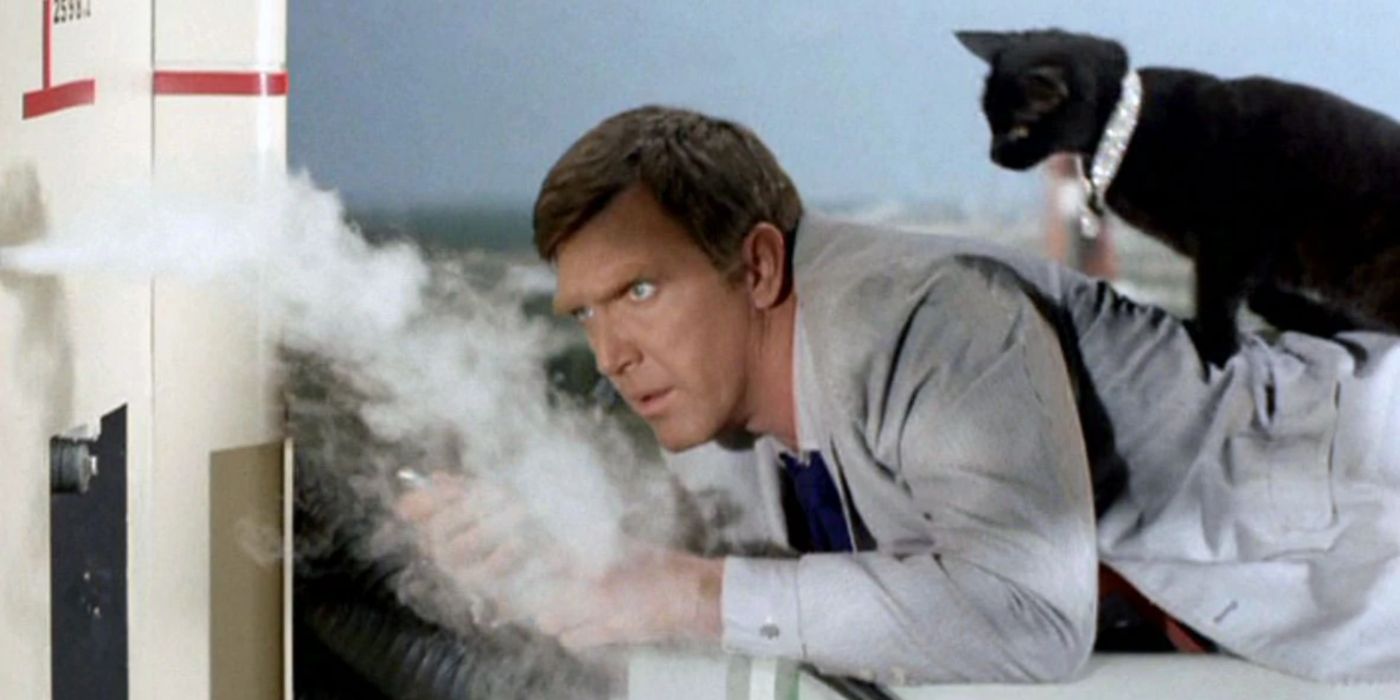
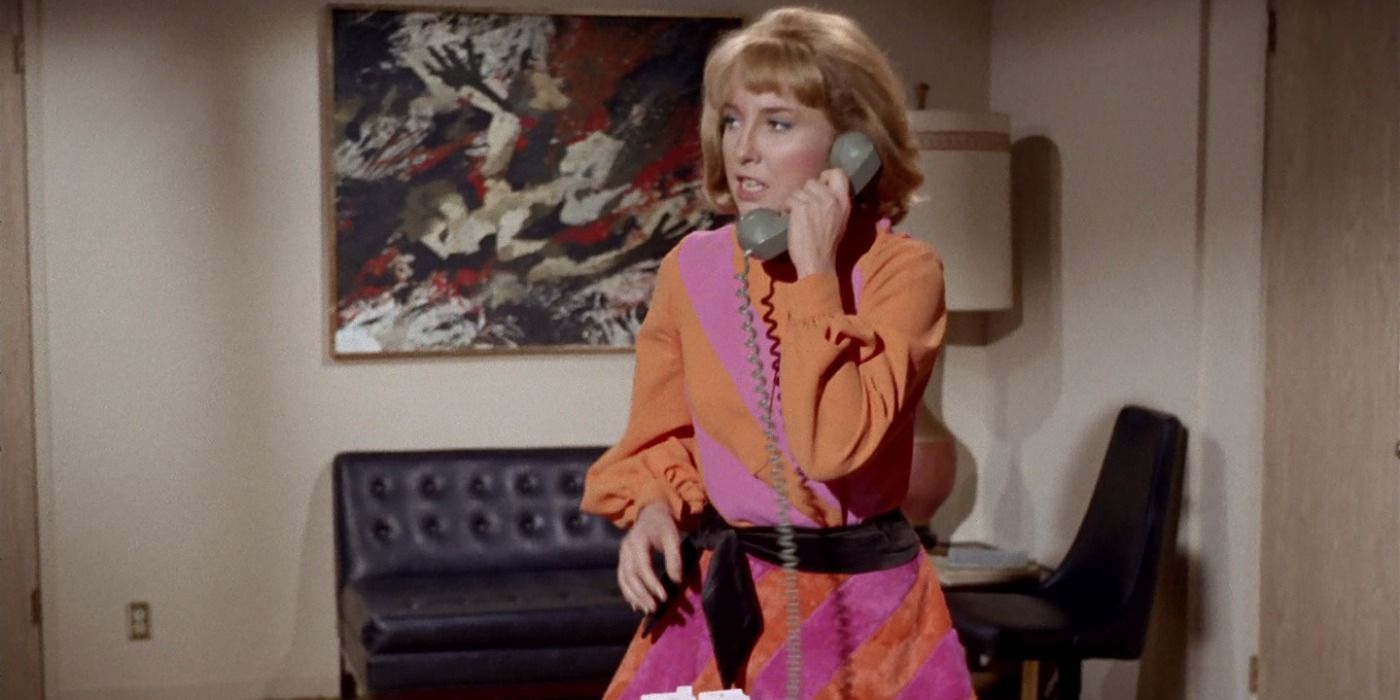
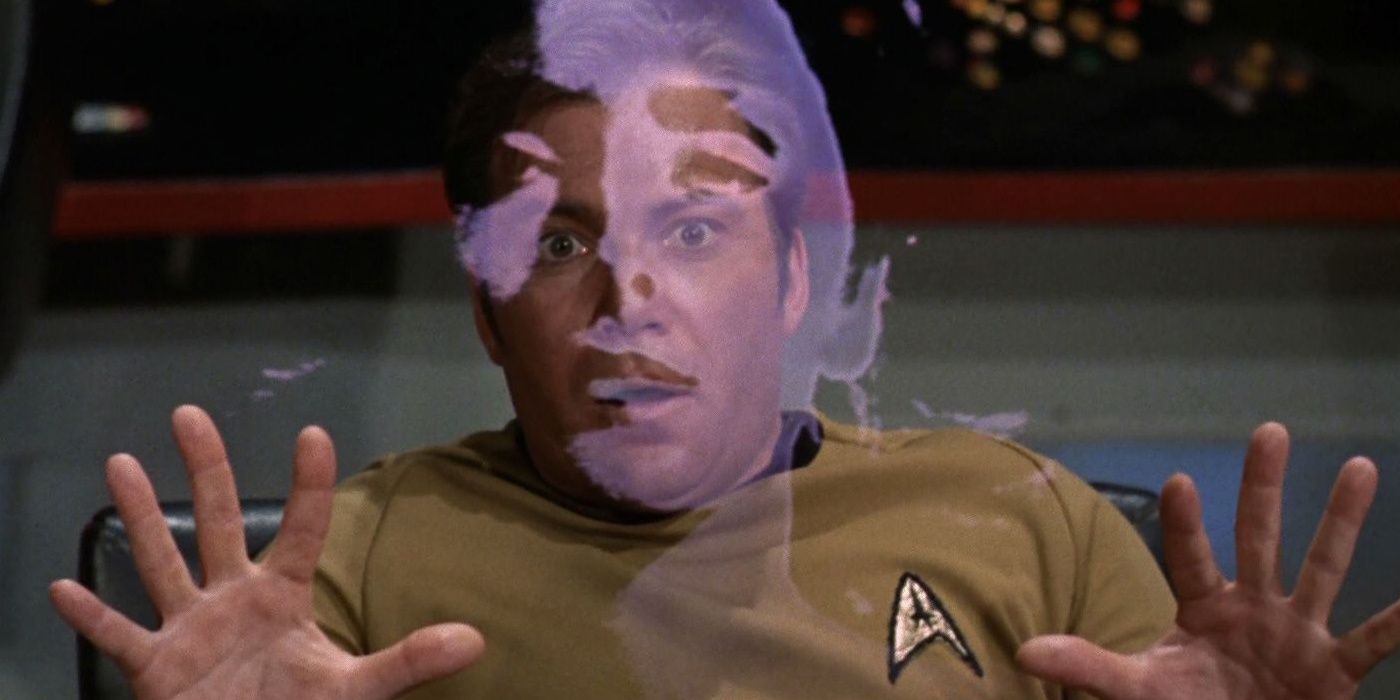
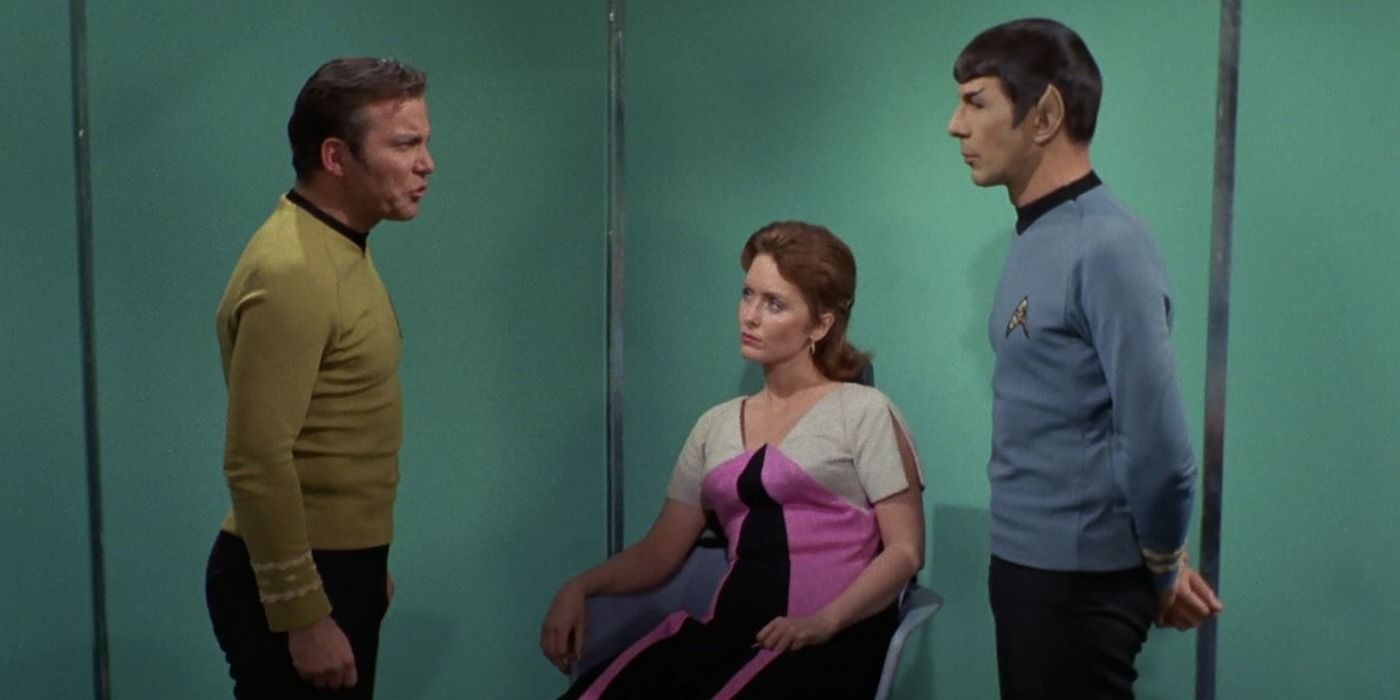
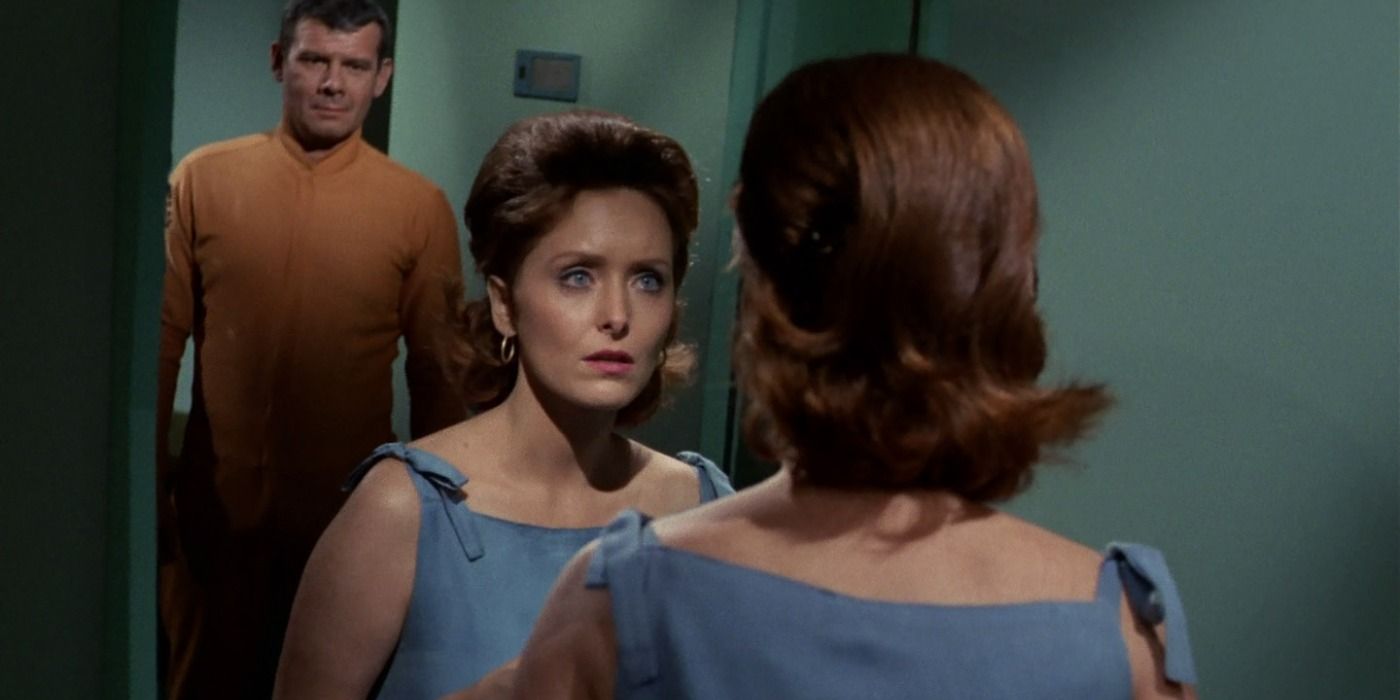
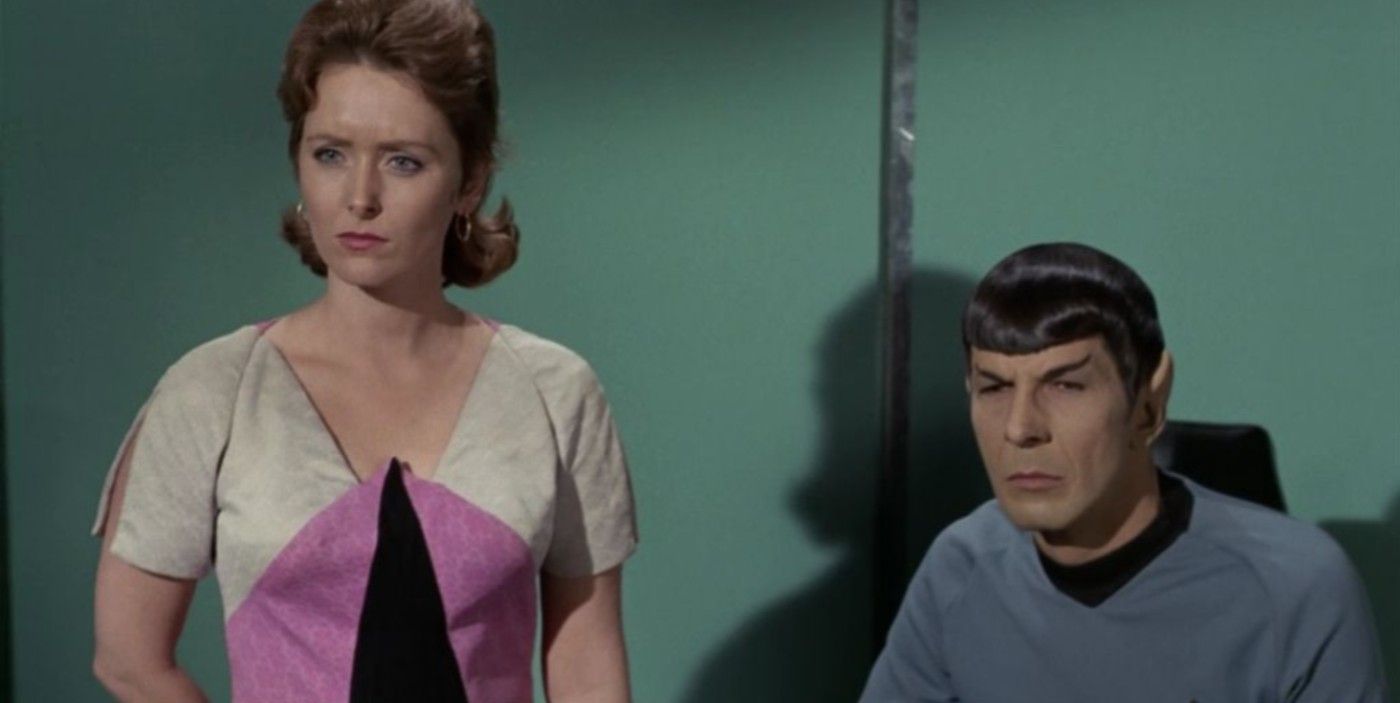
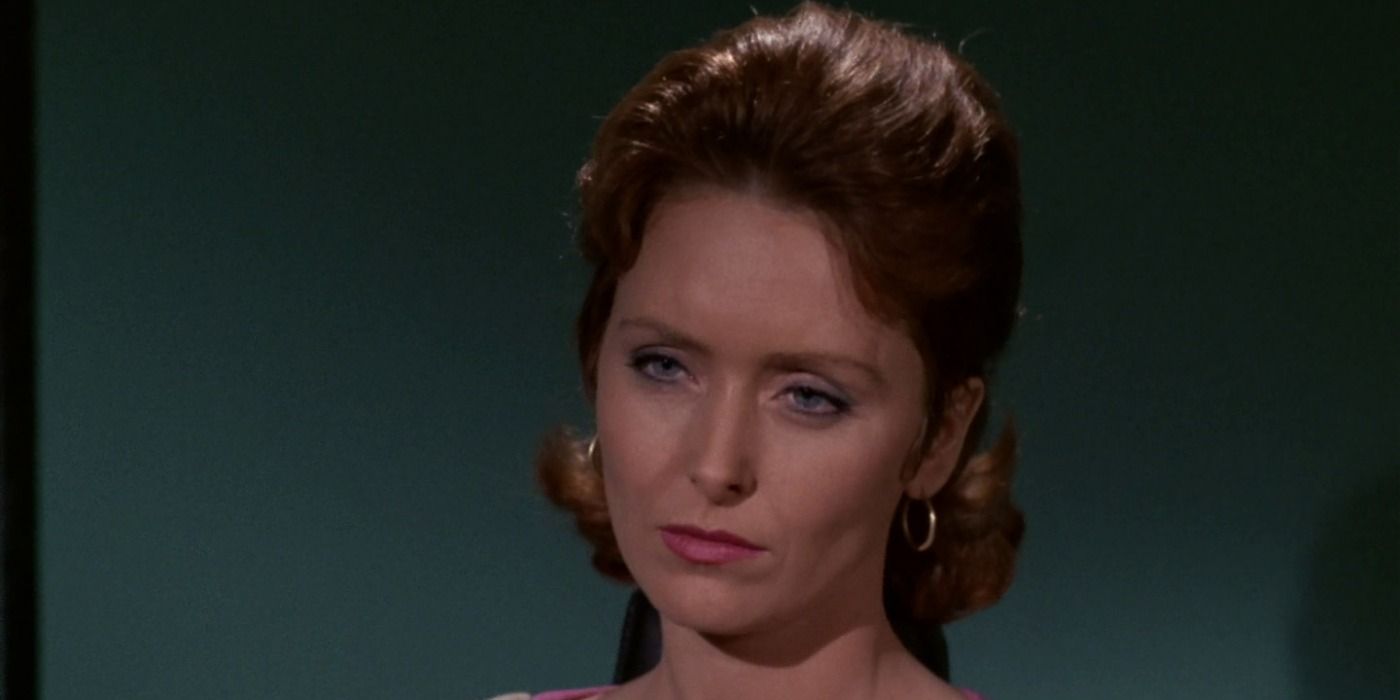



![Luna Runs Into [Spoiler] at the Shooting Range and Uses Steffy’s Face as a Target Luna Runs Into [Spoiler] at the Shooting Range and Uses Steffy’s Face as a Target](https://i-1.cybergalleria.com/uploads/images/tinymce-uploads/20250610/Betterimage_ai_1749542538914-1749542556-q80.webp)